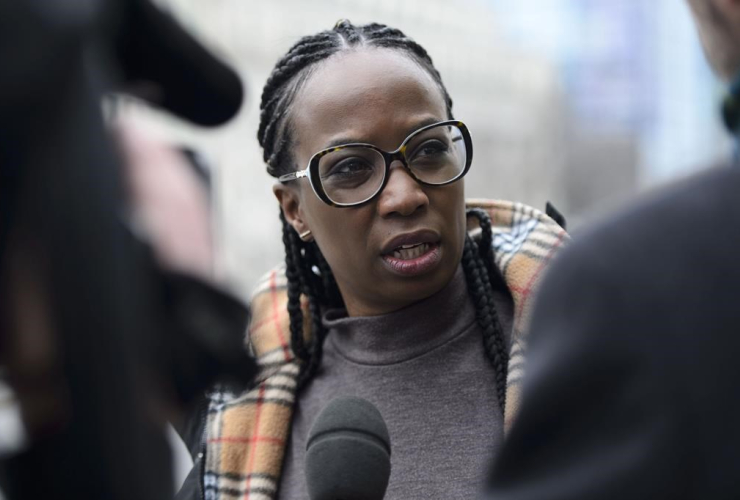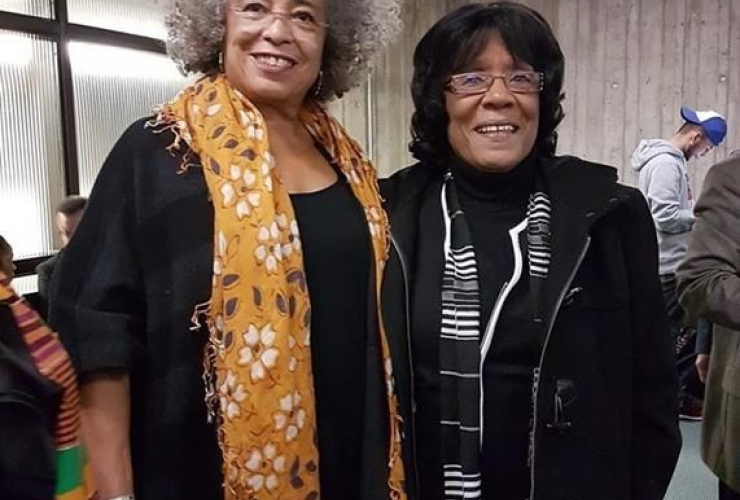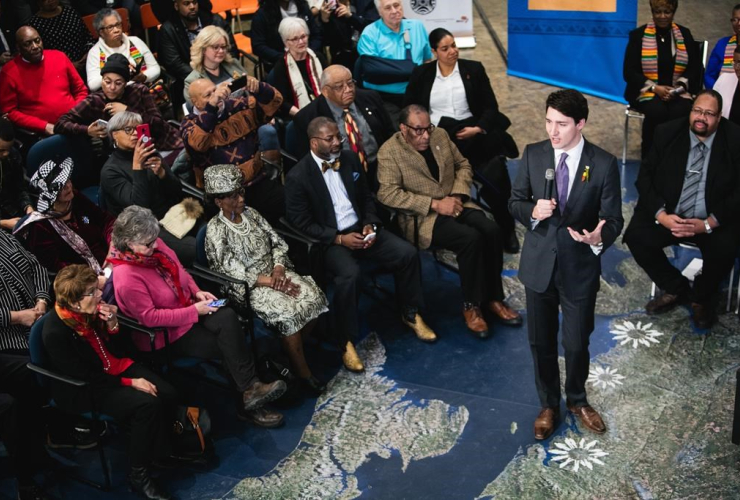When medical students begin classes at Queen's University this fall, they'll be taught for the first time about the school's decades-long ban on admitting black applicants to the program.
The university in Kingston, Ont., apologized earlier this year for the ban — which was established in 1918 and enforced until 1965 — and vowed to take further steps to address past discrimination. A portion of the first-year medical curriculum is now being dedicated to discussing the ban and its long-lasting effects.
For the family of Ethelbert Bartholomew, a black medical student who was expelled from Queen's when the ban came into effect, the move is being seen as a way to make up for past wrongs.
"It starts with recognizing the history, atonement," said his great-niece, Maria Bartholomew. "I think the most important thing is to start the conversation."
Ethelbert Bartholomew was in his fourth year when he was made to leave the university, his family said. A letter from the dean in 1918 notes his positive academic standing and good attendance record, while also stating that he could no longer be "accommodated" at Queen’s.
"It cast a shadow over a generation," said Maria Bartholomew.
Her great-uncle was one of four children, had grown up in Trinidad and left to pursue medicine at Queen's after both his parents died, she said. His three sisters had looked forward to his return as a physician, but he never went back to Trinidad after being expelled.
"These injustices have a real effect way down the road," said his great-niece, who travelled from Trinidad to Queen's in the spring to accept an honorary degree for her great-uncle.
According to the school's records, the ban was in place to appease veterans of the First World War who didn't want to be treated by black medical students.
Last year, Edward Thomas, a part-time PhD student at Queen's, took it upon himself to investigate the ban further and eventually presented his findings to university officials.
He found that the ban was the university's attempt to increase its ranking under the American Medical Association, and learned that seven black medical students had to leave as a result.
Before the ban, Queen's had a "C" ranking but that went up to a probationary "B" later in the year the ban was brought in, Thomas found. The rankings were consulted by the Carnegie Foundation and Rockefeller Foundation when they made decisions about funding for medical schools.
Thomas also pointed out to the university that the ban had not officially been rescinded. Queen's accepted his research and its senate voted to formally rescind the ban last fall.
The lessons on the ban that will be taught to the latest cohort of Queen's medical students will be part of a broader look at ways admissions to the school were limited by race, class and gender, said Jenna Healey, an assistant professor on the history of medicine with the school who has been working on the new curriculum.
The course unit titled "Who gets to be a doctor" will look into the ways minority groups have been excluded from the medical profession. An hour will be dedicated solely to the historical background of the ban and students will spend two more hours in small groups analyzing four case studies on the medical school's admission history.
Students will also be asked to come up with strategies on how to diversify the profession going forward.
"We want to really acknowledge that history, grapple with it and look towards the future to think about what are the best policies (we can) put in place now to make sure we have a diverse profession," Healey said.
Mala Joneja, director of diversity and equity at the Queen's school of medicine, said that in addition to the new curriculum, the faculty also plans to organize a symposium, an exhibit and a website based on Thomas' research on the ban.
"The ultimate goal is to create a supportive medical environment for black medical students, and create an inclusive medical school where everyone feels they belong," she said.
Anjola Ogunsina, a black premed student at Queen's, said she's happy to see the university take action.
"Queen's saw there was a need for change," said Ogunsina, who is also president of Queen's Black Premedical Student Association. "I'm pretty happy that my school has decided to start innovating the curriculum, and hoping other schools follow suit."






Comments